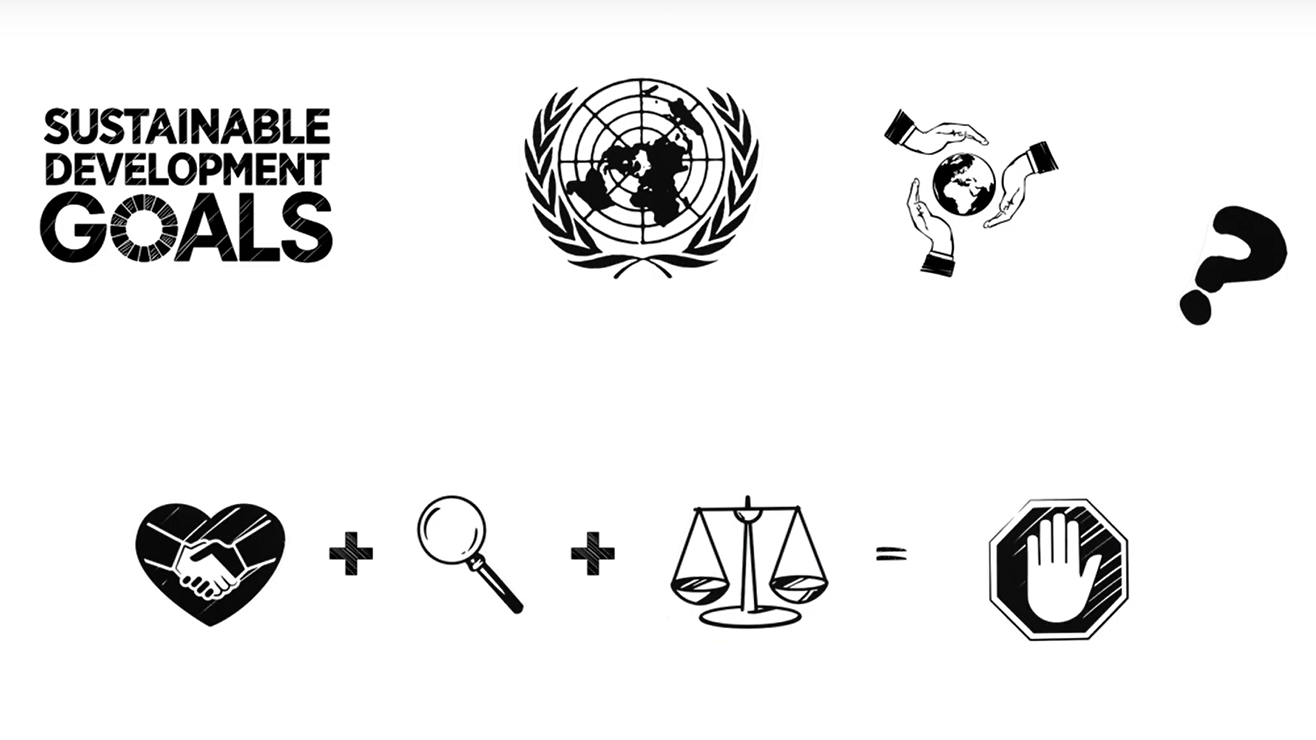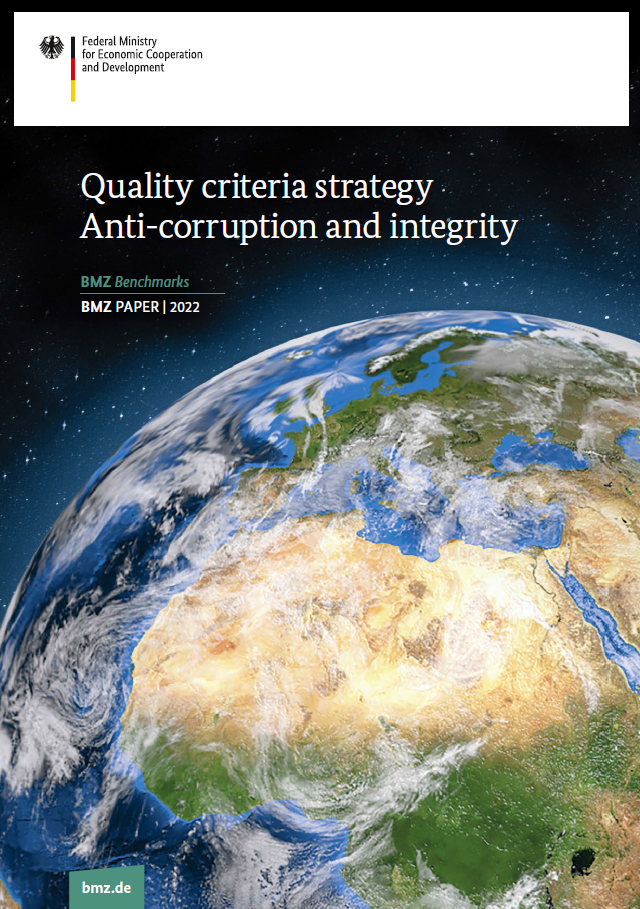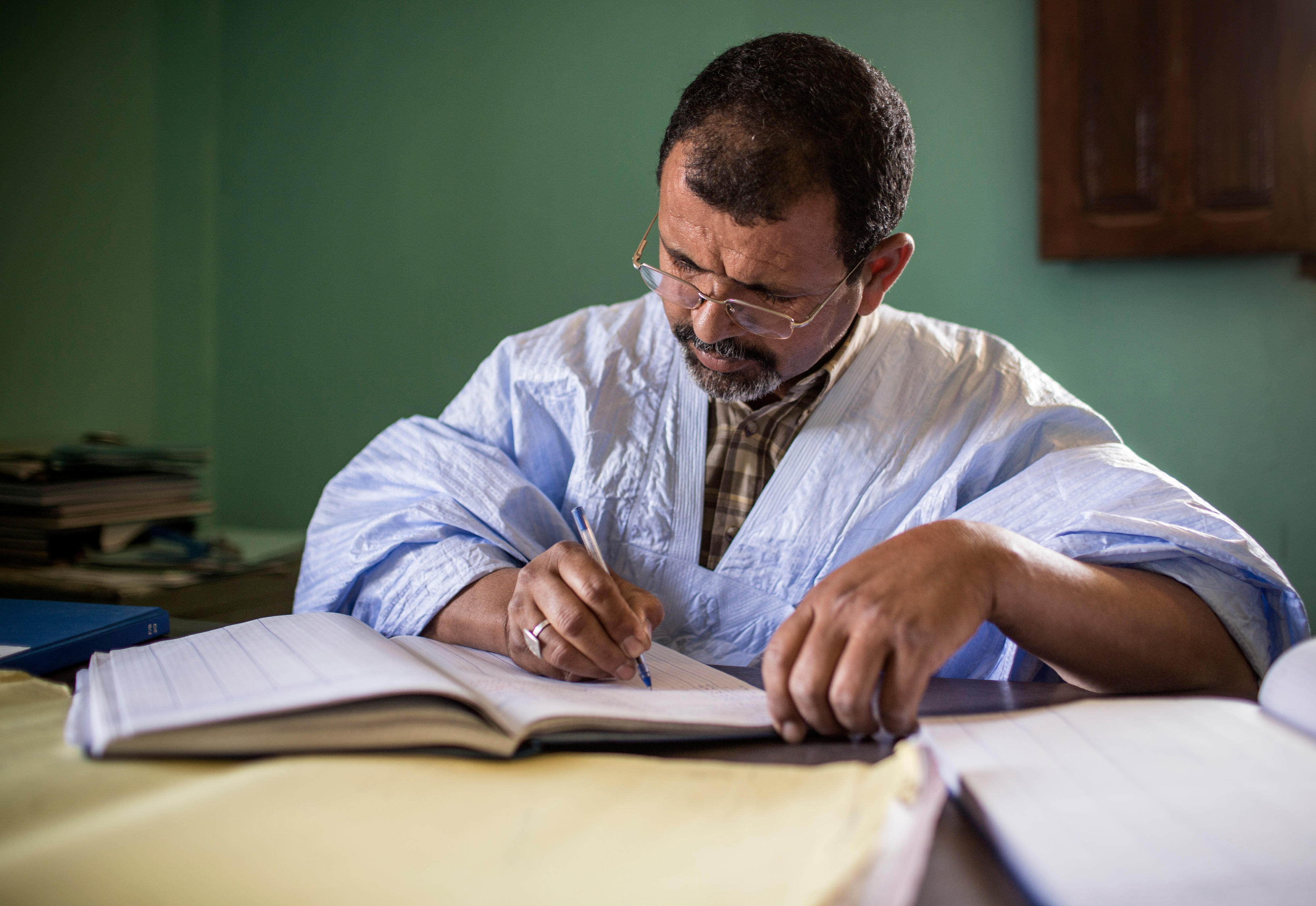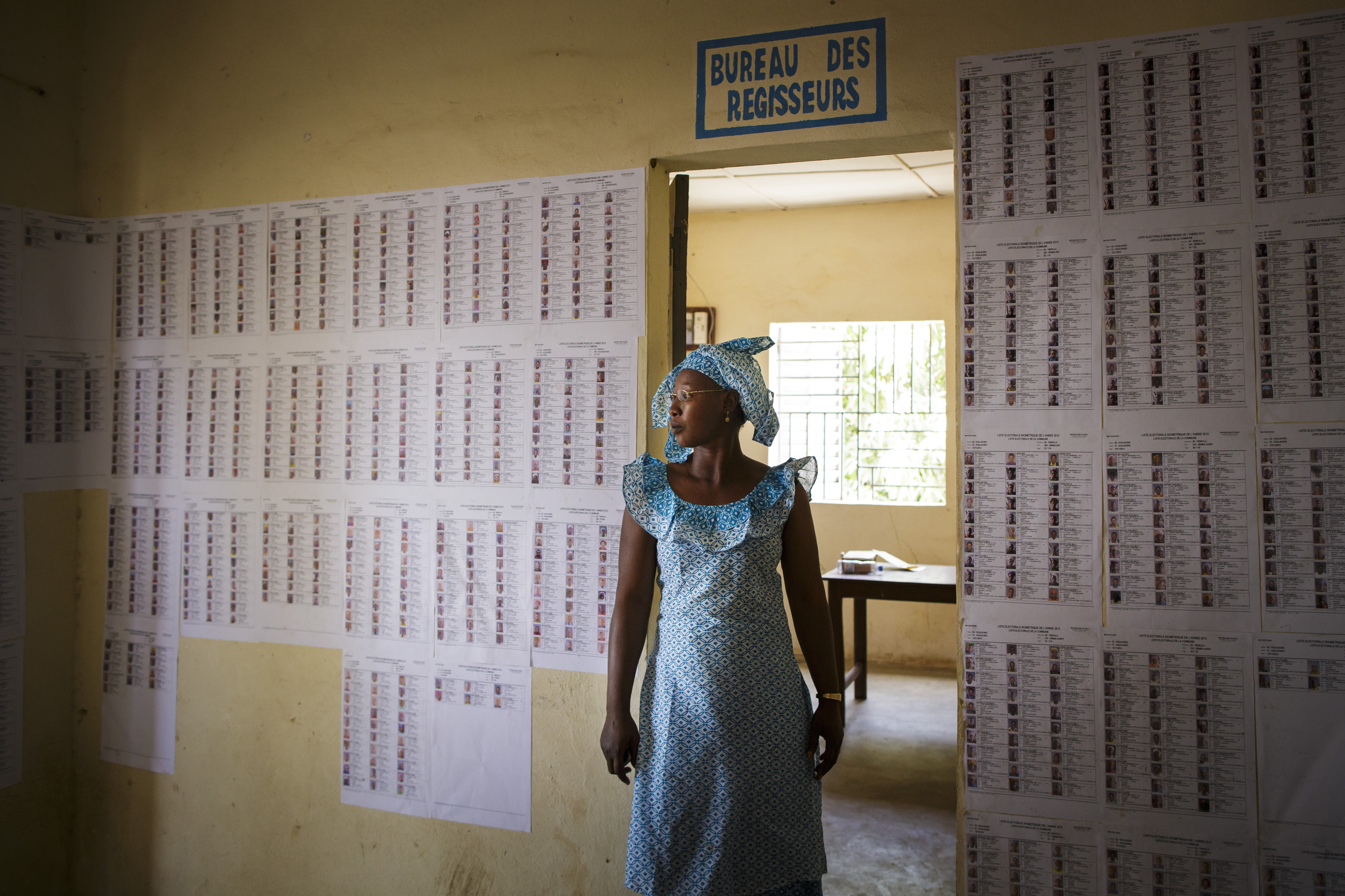Money changing hands
Copyright© Thomas Imo/photothek.net
Corruption impedes development
Corruption comes in many forms – police officers who turn a blind eye for a small bribe; civil servants who sell building permits; doctors who only look after those patients properly whose families pay a little extra; judges who accept a bribe from the defendant and then pass a lenient sentence; politicians who arrange attractive jobs for their friends and relations; building contractors who get their contracts through bribery; sports managers who accept money for making certain decisions … The list could go on and on.
Two-pronged anti-corruption approach
The Federal Ministry for Economic Cooperation and Development (BMZ) pursues a two-pronged anti-corruption approach. For one thing, it carries out dedicated programmes to promote good governance and targeted anti-corruption measures. For another, it includes elements for preventing and fighting corruption in projects that address other areas of development. In all of these activities, the BMZ engages with three stakeholder groups: government institutions, the private sector and civil society.
Germany's development work to combat corruption takes place on three levels:
- Support for anti-corruption reforms in partner countries
- Compliance and risk management in development cooperation
- Fulfilment of international commitments
Support for reforms in partner countries
The BMZ systematically looks at the level of corruption and governance in its partner countries. It supports governments' efforts to make their administration transparent, effective and responsive to citizens' needs. In particular, support is given to the development of efficient human resource and procurement systems, the improvement of public financial management, capacity development efforts at supreme audit institutions and customs and tax authorities, and the development of specialised anti-corruption commissions.
In countries with a high risk of corruption and weak government structures, the BMZ supports pro-reform forces and integrates specific anti-corruption measures in development programmes in other fields (such as education and health). Strengthening civil society is another focus of German development cooperation, as a vigilant public that holds government institutions accountable is essential for tackling corruption.
Compliance and risk management in development cooperation
Germany frequently conducts development projects in countries that have a poor level of governance. As projects are planned, a detailed analysis of the proneness to corruption of the countries and executing agencies is carried out, and the development measures and instruments are then adapted in line with the risk potential that has been identified. Training is provided to BMZ staff in line with the 2004 Federal Government Directive Concerning the Prevention of Corruption (External link) so that they will be able to strictly adhere to all laws and directives, even when they work in corruption-prone settings.
The BMZ investigates all corruption cases reported in connection with its development cooperation work and takes appropriate action. The Ministry's cooperation programmes are subject to the zero tolerance principle: if there is a risk that German development funding could be misused, it is possible to stop disbursements.
If its work for transparency and anti-corruption is to be credible, Germany, too, must comply with internationally agreed standards. Under German law, corruption is a criminal offence, even if committed by private individuals abroad. In 1999, Germany ratified the OECD Convention on Combating Bribery of Foreign Public Officials in International Business Transactions (External link). And in 2003, Germany signed the United Nations Convention Against Corruption (External link). It ratified the Convention in 2014.
As a member of the International Aid Transparency Initiative (IATI), Germany has made a commitment to provide easily accessible and understandable information about how development funding is used. More information on IATI can be found here.
Fulfilment of international commitments
Germany supports the drafting of and adherence to international anti-corruption standards through its active involvement in the United Nations, World Bank, G7 and G20 and the Organisation for Economic Co-operation and Development (OECD). In particular, Germany is an advocate of more transparency in areas considered to be especially prone to corruption. Among other things, the BMZ is a strong supporter of the Extractive Industries Transparency Initiative (EITI).
Another key area of international cooperation is combating cross-border causes of corruption. The BMZ supports international efforts for the drafting of, and compliance with, standards to counter bribery in international business transactions and money laundering. In addition, Germany assists its partner countries in recovering assets lost to illicit financial flows.
As at: 06/08/2025










